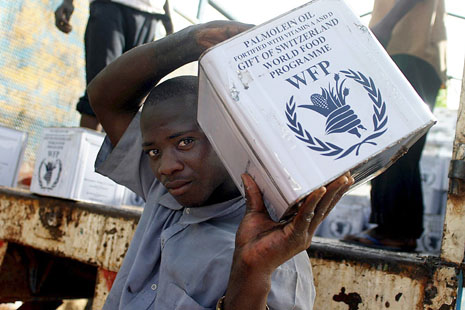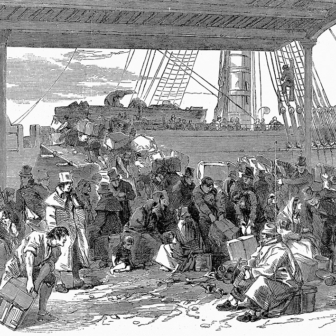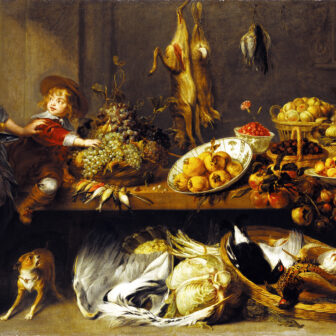FOR MANY people around the world, especially in developing countries, famine is not an abstract notion. Wars, crop failures, callous urban elites and ruthless dictatorships are the classic causes, but countervailing factors are increasingly at work. Could it be that a true famine is now close to impossible, with globalised communications and relief systems? Is democracy a sure protection from mass starvation? Does the global financial crisis increase the likelihood of famine? spoke to Cormac Ó Gráda, a professor of economic history at University College Dublin and author of Famine: A Short History (to be published in Australia on 1 June), in the grounds of the University of Melbourne last week.
Mentioned in this podcast
Famine: A Short History, by Cormac Ó Gráda – sample chapter
Podcast theme created by Ivan Clarke, Pang Productions.




